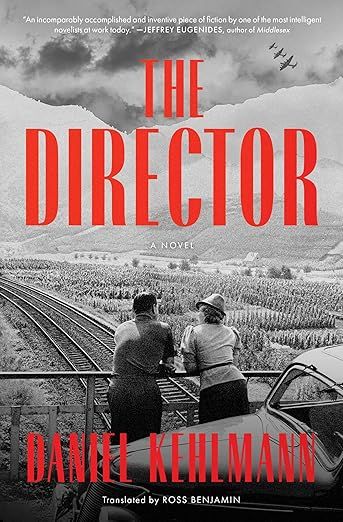I really like when historical past, literature, and historic literature come collectively in actual life. All three are on the heart of a brand new oral historical past venture being produced with a grant from the U.Okay.’s Arts and Humanities Analysis Council. The ebook, which was banned inside months of its publication, additionally displays present points surrounding censorship. Contemplating the truth that we’re seeing file numbers of ebook challenges in the USA (based on knowledge collected by the American Library Affiliation) and campaigns that focus on LGBTQ and BIPOC books to an outsized diploma, it looks like a great time to replicate on the historical past of banning books about marginalized identities. It was taking place 100 years in the past in England, and it’s taking place in America at this time.
Nonetheless, the ebook resonated with generations of readers, who maybe hadn’t seen themselves represented in phrases, a lot much less literature, earlier than. The banning of the ebook had presumably an equally nice impression. Solely many years earlier than its publication, the Obscene Publications Act had opted to not embody lesbianism in its definition of obscenity, fearing it would promote the observe. Now, the federal government had banned a ebook about that very factor, displaying that “lesbianism matters so much that the government can ban us and silence us, and that works very well to put you on the cultural map.” That, based on Professor Laura Doan, who co-edited a ebook on the topic: Palatable Poison: Essential Views on The Properly of Loneliness.
However now a grant from the Arts and Humanities Analysis Council in Britain is giving the basic novel—and its function in LGBTQ historical past—new life. Over the subsequent 5 years, 100 Years of The Properly of Loneliness, a collaboration between the Universities of Exeter, York, Loughborough, and Cardiff Metropolitan within the U.Okay., The Nationwide Archives, and the Harry Ransom Heart in Austin, Texas, will put collectively an oral historical past of Corridor’s notorious ebook. By means of interviews, a brand new quick movie from the award-winning filmmaker Campbell X, and varied workshops and occasions, the venture plans to hint the historical past of the ebook’s publication, banning, and historic and trendy impression.
Previous Tense
Join our weekly e-newsletter about historic fiction!
Historic Fiction About Nazi-Period Filmmaker Depicts Eerie Echoes To Right now

Daniel Kehlmann, the son of a Jewish man who grew up in Vienna through the rise of the Third Reich, discovered the spark of inspiration for his new historic fiction novel, The Director, through the first Trump administration. Kehlmann observed how rigorously folks had been selecting their phrases, cautious of what they stated and who they stated it to, in a means that echoed tales he remembered his father instructed him about self-censorship through the Nazi regime.
The novel follows the largely forgotten story of Austrian filmmaker G.W. Pabst, who gained fame throughout Hollywood’s silent movie period, solely to be trapped in war-torn Europe on a visit dwelling to go to his mom.
Kehlmann researched Pabst’s life, attempting to grasp how a as soon as left-leaning director who helped flip Greta Garbo into an icon got here to work for the German propaganda machine that utilized slave labor from the close by focus camps. (The German movie business was overseen by Nazi propaganda minister Joseph Goebbels, and the studios in Berlin and Prague had been surrounded by barracks of prisoners.)
It’s arduous to think about one thing extra well timed, particularly from an writer with Austrian roots who may face repercussions for talking out. Kahlmann ended the interview with these phrases that ought to shock and horrify anybody who reads them:
“For us visa- and green-card holders, free speech is already virtually suspended. Legal professionals are advising us to not go to demonstrations, and the media is telling us to delete all messages not favorable to Trump from our telephones earlier than we attempt to enter the U.S., in any other case we is likely to be turned again and even disappear into detention.
“Immediately I’m thinking, can it be bad for me to say something like this to The New York Times? Which, I think, proves my point.”



